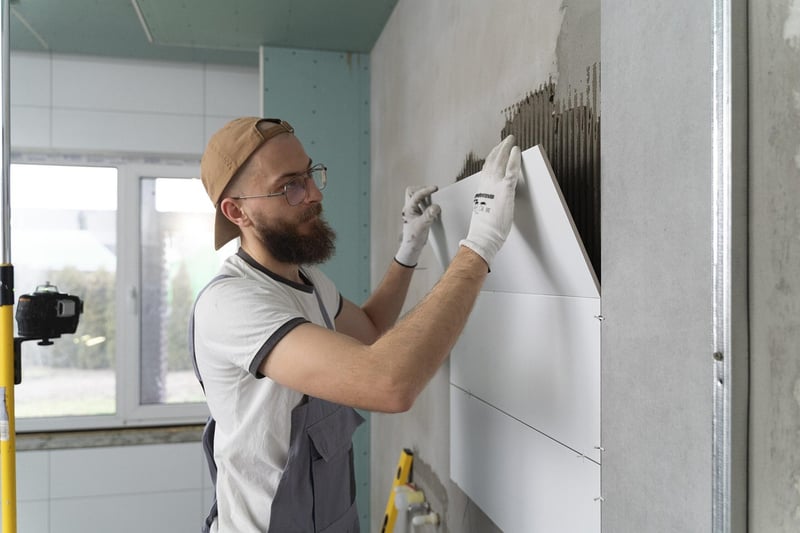Restorative
The Importance of Physical and Mental Well-being for a Restorative Lifestyle

Living a restorative lifestyle involves prioritizing both physical and mental well-being. It is essential to take care of your body and mind to maintain a balanced and healthy life. Here are some key aspects to consider:
Physical Well-being
Physical well-being encompasses various factors such as nutrition, exercise, and adequate rest. Eating a balanced diet rich in nutrients can provide the energy needed for daily activities and overall health. Regular exercise not only helps in maintaining a healthy weight but also improves cardiovascular health and boosts mood through the release of endorphins. Additionally, getting enough rest is crucial for allowing the body to repair and rejuvenate itself.

Mental Well-being
Mental well-being is equally important for a restorative lifestyle. Managing stress, practicing mindfulness, and seeking social support are key components of mental health. Engaging in activities that promote relaxation and reduce anxiety can help in achieving mental balance. It is also essential to address any underlying mental health issues promptly and seek professional help if needed.

Combining Physical and Mental Well-being
Integrating physical and mental well-being practices can lead to a more holistic approach to health. Activities such as yoga, meditation, and outdoor exercise not only benefit the body but also have a positive impact on mental clarity and emotional well-being. Taking time for self-care and relaxation is essential for recharging and maintaining a restorative lifestyle.
Conclusion
Prioritizing physical and mental well-being is fundamental to living a restorative lifestyle. By nurturing both aspects of health, individuals can enhance their overall quality of life, improve resilience to stress, and promote a sense of well-being and balance.
Remember, a healthy mind in a healthy body is the key to a fulfilling and restorative life.
